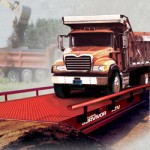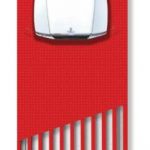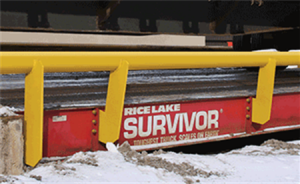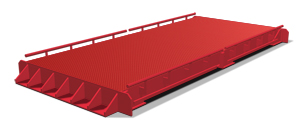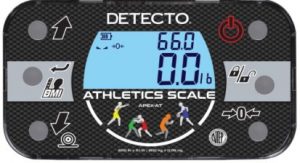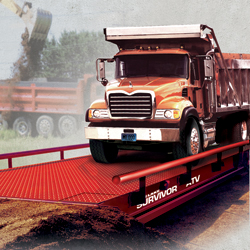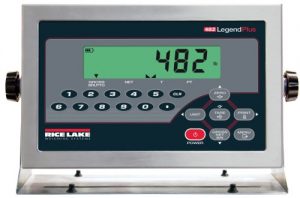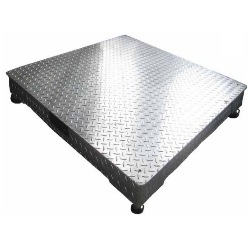When it comes to purchasing a truck scale for your business, it’s essential to compare truck scale quotes from different scale manufacturers to find the best overall product for your needs. However, comparing truck scale quotes can be a daunting task, especially if you are not familiar with how truck scales work and terminology in the truck scale marketplace. Here are some tips on how to compare truck scale quotes from different manufacturers effectively.
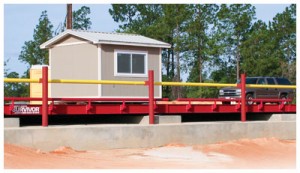
-
Determine your Weighing Needs
Before you start comparing truck scale quotes, you need to determine your scale needs. Every truck scale manufacturer is going to hype whatever advantages they have. Some will emphasize their heavy duty construction. Others will emphasize their technology. Make sure you determine what features are important to you.
What size and type of semi-trucks will you be weighing? (Weighbridge length) How many trucks will you be weighing daily? (Standard vs. Heavy Duty Weighbridge) What type of environment will the scale be in? (Standard vs. Galvanized) What kind of truck scale accuracy do you need? Answering these questions will help you narrow down your search and find the right type of scale for your business.
-
Compare Popular Features
Once you have determined some of your scale needs, you can start comparing the features of the different truck scales. Some of the features to consider include the load cell types, standard duty versus heavy duty weighbridges, concrete decks vs. steel decks, type of scale display, and any connectivity needs you may have. You should also consider the warranty and support offered by the scale manufacturer and your local scale company.
-
Compare Truck Scale Prices
Price is, of course, a crucial factor when comparing truck scale quotes. However, it’s essential to remember that the cheapest option is usually not always be the best option. You should also consider the quality and reputation of the scale and the support offered by the manufacturer and the local scale company. It’s also important to ask about any additional costs, such as scale installation, freight charges, crane fees, and foundation and site prep.
4. Read Customer References & Reviews
In many cases, a scale company or manufacturer can provide you with the contact info for various happy customers who like the truck scale they have purchased. Reading customer reviews and discussing scale purchases with previous customers can be an excellent way to get an idea of the quality of the product and the level of customer service offered.
-
Consider the Long-Term Costs
When comparing truck scale quotes, it’s essential to consider the long-term costs. While a cheaper scale may seem like a better option in the short term, it may end up costing you more in the long run due to maintenance, repair, down time, or replacement costs. Look for a scale that is durable and requires minimal maintenance to ensure that you are getting the best value for your money. An example might include hydraulic truck scales. Sure, they cost more money up front but do you actually save money over time compared to a traditional truck scale? If you deal with a lot of lightening issues, then you might come out ahead with one of these scales.
6. Consider the Manufacturer’s Reputation
When comparing truck scale quotes, it’s important to consider the reputation of the scale manufacturer as well. Look for a truck scale manufacturer with a track record of producing high-quality scales and providing excellent customer service. A reputable scale manufacturer will be more likely to stand behind their product and offer support if any issues arise. You also want to make sure that all three parties… (you, your local scale company and your scale manufacturer) have adequate stock levels of replacement scale parts on hand for fast truck scale repair if necessary. This is especially true for technologies like hydraulic and digital where many of the components are single source or proprietary.
Comparing truck scale quotes from different scale manufacturers can be a time consuming and challenging task, but it’s essential to ensure that you are getting the best product for your business. Remember to take your time, consider all the factors, and don’t be afraid to ask for help if you need it. Our sales staff is only a RFQ form, an email, or phone call away. A good truck scale is an investment in your business, and it’s worth taking the time to make the right decision.

